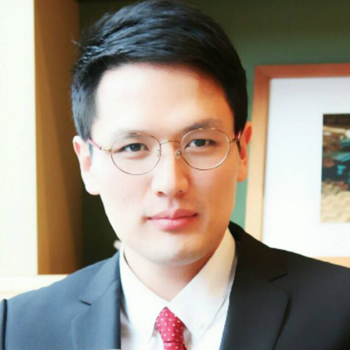Students Address Affordable Housing through Seminar and Externship
BU Law’s Affordable Housing Law seminar and externship give students the opportunity to focus on the need for affordable housing.
In Boston University School of Law’s Affordable Housing Law seminar, taught by Adjunct Professor of Law Peter Freeman, students learn about affordable housing issues and the roles that federal, state and local agencies, and community organizations play in the creation of affordable housing. This year, the seminar is made up of twelve students, three of whom are participating in an optional externship that allows them to work directly with government agencies that assist with the development of affordable housing.
“Every day in the newspapers, both in Boston and elsewhere in the country, we read about the need for affordable housing,” says Freeman. “Rents are unaffordable, and for working families, buying a home is very difficult.”
In the seminar, Freeman assigns reading material that correlates to a real-life case study of a proposed affordable housing site in the early stages of development. Students visit the site and work in teams with developers and lawyers to address issues of zoning, finance, design, and community interactions.

Mark Lipschultz (’17), who took the seminar last year, found the collaborative element of the seminar an important aspect that differentiates it from other law classes. “It’s a great opportunity, because in law school, it’s not often that you’re going to get to do group assignments, but in practice, you actually do work a lot with others,” says Lipschultz. “This seminar was a unique class in that he [Professor Freeman] pushed students to start working together.”
Students who choose to participate in the externship have the opportunity to directly work with government agencies and understand how policies are shaped and applied to create affordable housing. In-Sung Kim (’17) spent his externship with the Massachusetts Housing Partnership, drafting a legal memorandum on the valuation of deed-restricted properties for tax abatement purposes in the hopes of addressing the impact of affordable housing restrictions on municipalities.

“The externship component of the seminar not only helped to put the classroom materials into a real-world perspective, but it also touched on a breadth of affordable housing policy, legal, and financial issues I would not have otherwise encountered,” says Kim.
Freeman hopes his seminar will give students an understanding of not only how affordable housing is created but also how important it is to work with other professionals and disciplines.
“I think it’s great to have a class or seminar in a topic that by its nature is so interdisciplinary,” says Freeman. “It’s not just constitutional law in property rights or land use in terms of zoning. It’s not just a financing seminar or real estate financing. It covers the broad spectrum of real-world components that are needed to design, permit, finance, and operate affordable housing projects. The seminar both exposes the students and teaches them the interdisciplinary aspect of working in the real world as a lawyer.”
For Kim, understanding that affordable housing can be created through multiple areas of the law gives him hope that he can make a difference once he begins to practice.
“I do hope to work in the affordable housing field someday,” he says. “But with a variety of experiences up until this point, ranging from big corporate law firms, court, a quasi-government agency, and a state government agency, I have learned that people contribute to affordable housing in all of these functions. As long as I can learn and somehow contribute, that is what matters to me.”
Kim is currently volunteering his time to work pro-bono at the Massachusetts Department of Housing & Community Development.
Lipschultz will be joining the Real Estate practice group at Kirkland & Ellis in Chicago after graduation.
Reported by Greg Yang (CAS’17).